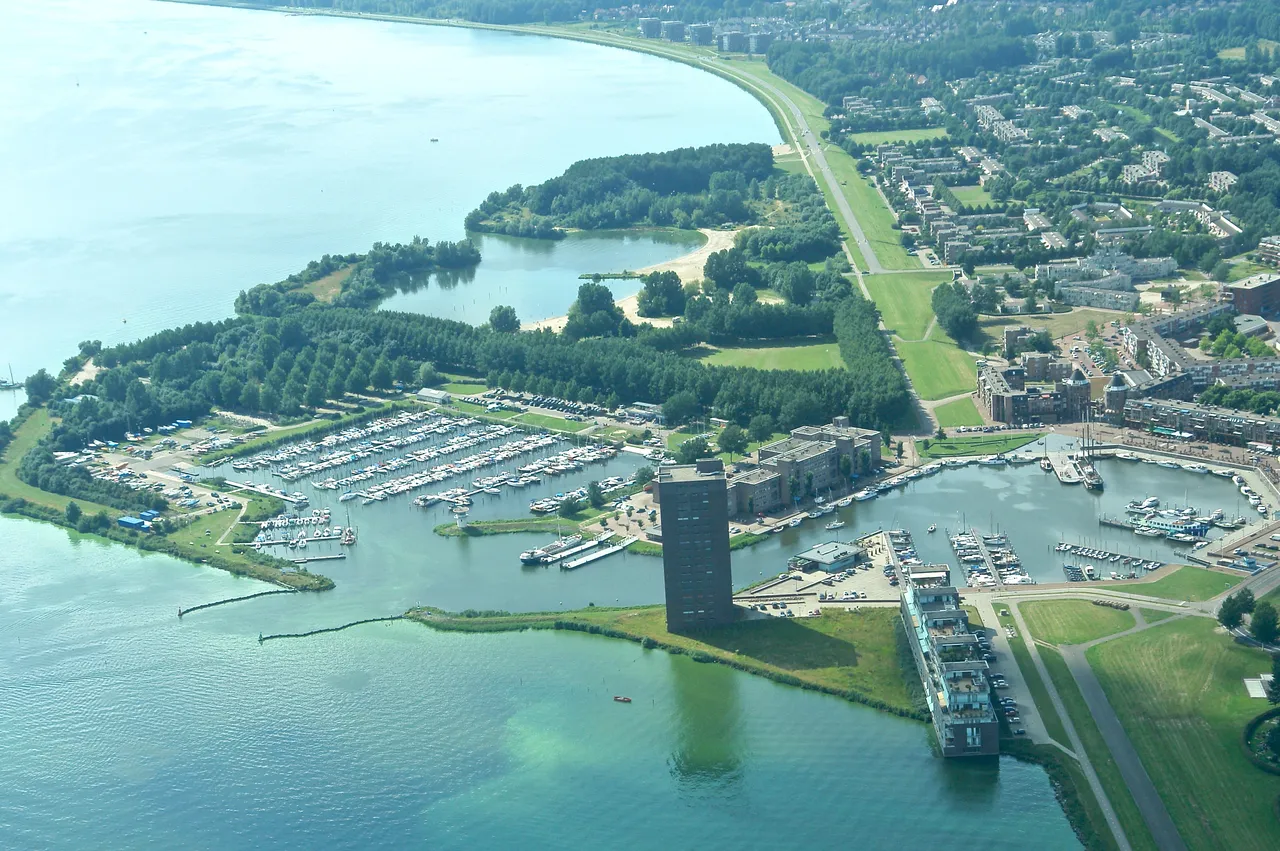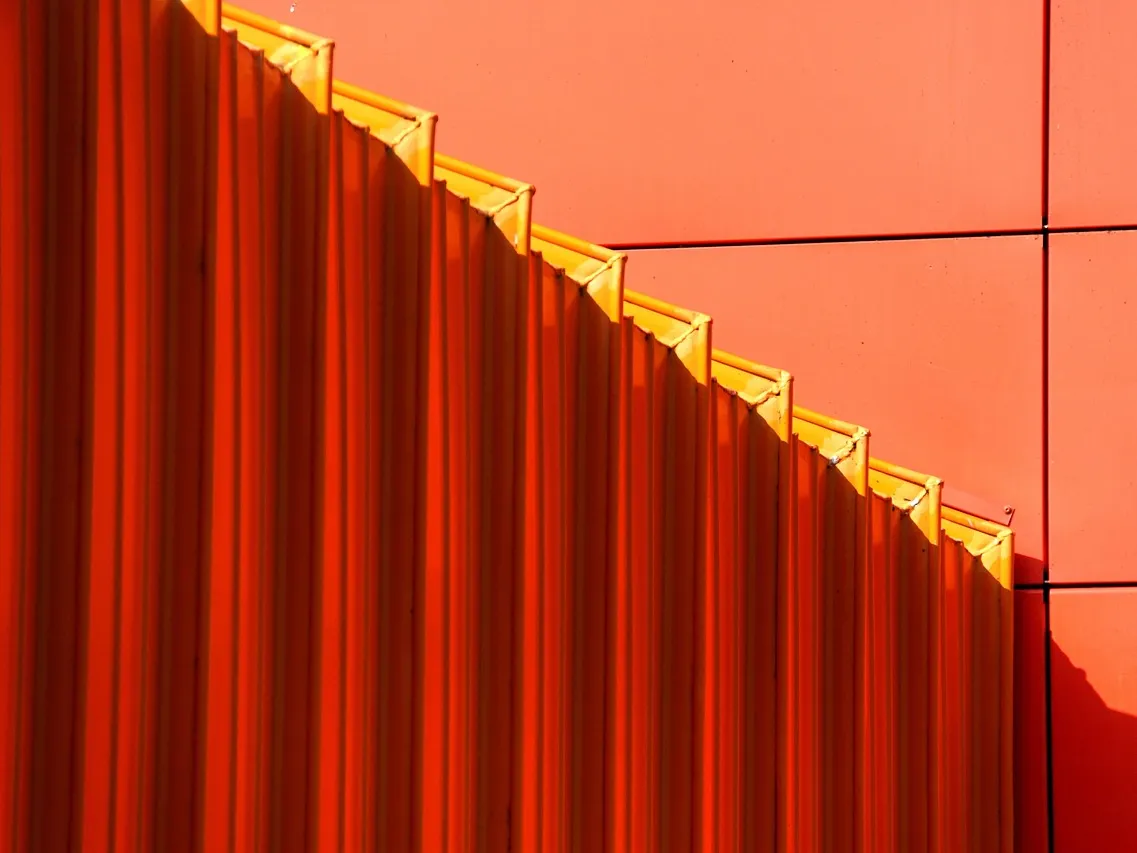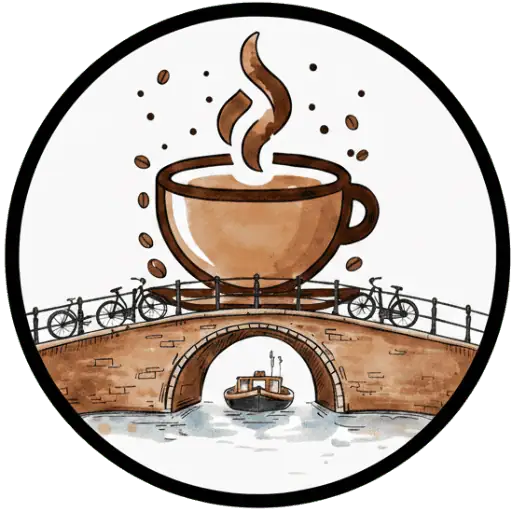
Flevoland is building its own coffee culture at record speed, from pioneers on dry clay to modern specialty roasters and lively festivals. The province is becoming a beloved destination for filter enthusiasts, espresso fans and ambitious coffee entrepreneurs eager to discover new flavors and ideas.
Roasters in Flevoland
No roasters have been found yet.
Cities in Flevoland

Lelystad
From pioneers’ canteen to trendy espresso bar, Lelystad shows how specialty coffee, fair‑trade beans and circular start‑ups together create a vibrant coffee culture, offering opportunities for local entrepreneurs and flavour‑packed choices for residents who value freshness and sustainability, enjoying it day after day
More about Flevoland
Historical growth of coffee in Flevoland
Flevoland only officially became a province in 1986, yet its own coffee culture flourished at lightning speed. Pioneers of the 1950s enjoyed their first cup on clay that had only just fallen dry. In Emmeloord, café‑hotel ’t Voorhuys opened in 1953 and immediately became the vibrant coffee artery of the Noordoostpolder. Residents came for the market or the latest news, always with a steaming pot of filter coffee on the table.
Urk carried over its old island custom: a cosy bekkien coffee with dikkoek or even fresh fish. This tradition persisted, even after modern espresso machines made their entrance. From the 1970s, Almere and Lelystad emerged, and with them the number of coffee bars grew from zero to more than 55 by the 2020s. Every city developed its own taste; Lelystad combines business coffee meetings with family tables, while villages cling to the trusted kitchen cup.
Specialty roasters are putting Flevoland on the map
Artisanal roasting is the engine behind today's quality wave. Four names stand out.
- Bocca Coffee, started as a family business in Dronten, has controlled the entire chain from plantation to cup since 2001 and supplies cafés across the Netherlands.
- One Mile Coffee Roasters from Almere roasts only to order, holding no stock, so beans reach customer or office at maximum freshness.
- Man met de Baard in Lelystad links top-quality coffee to social impact by training people distanced from the labour market to become baristas or roasters.
- Growing Green Coffee, also in Almere, roasts organically certified beans daily and works exclusively through direct trade with farmers.
- One Mile Coffee Roasters from Almere roasts only to order, holding no stock, so beans reach customer or office at maximum freshness.
- Man met de Baard in Lelystad links top-quality coffee to social impact by training people distanced from the labour market to become baristas or roasters.
- Growing Green Coffee, also in Almere, roasts organically certified beans daily and works exclusively through direct trade with farmers.
Although Flevoland counted only two registered specialty roasters in 2020, today's players now deliver to customers far beyond the provincial borders. The region thus proves that small can also be influential.
Events and festivals as flavour catalysts
Coffee pops up everywhere, from championships to pop‑ups.
- In 2023 the Dutch Coffee Championships took place in Almere. Baristas competed for two days for the titles and gave the city national visibility.
- At the ZomerBries Festival 2024 visitors enjoyed a Jazz & Coffeeevening; live music and latte art went hand in hand.
Open Coffee networking gatherings rotate monthly across Dronten, Lelystad and other locations, sometimes even in Lelystad Nature Park during spring walks.
Lowlands Science 2025 served the Pink Coffee Club, where festival‑goers had their caffeine metabolism tested in a pop‑up lab.
- At the ZomerBries Festival 2024 visitors enjoyed a Jazz & Coffeeevening; live music and latte art went hand in hand.
Open Coffee networking gatherings rotate monthly across Dronten, Lelystad and other locations, sometimes even in Lelystad Nature Park during spring walks.
Lowlands Science 2025 served the Pink Coffee Club, where festival‑goers had their caffeine metabolism tested in a pop‑up lab.
This blend of competition, culture and science gives Flevoland coffee a lively stage and attracts both professionals and curious consumers.
Consumer preferences and market trends
The Dutch drink an average of 8.4 kg of coffee per year, Flevolanders are no exception. Older residents often choose a regular cup of coffee or a mild koffie verkeerd (Dutch café au lait) with Douwe Egberts Aroma Rood. At the same time, demand among young people for iced lattes and flat whites is rising, shared mainly on social media.
Cappuccino joins black coffee at the top of the order list, with a slight preference among women. Men more often stick to pure black. Despite the rise of coffee bars, home and office consumption remains strong. Pod and capsule machines dominate for convenience, while companies are increasingly installing bean-to-cup machines or taking out subscriptions with local roasters.
Opportunities for entrepreneurs
Flevoland combines a young infrastructure with an eager-to-learn audience. That leaves room for new micro-roasters, training studios and sustainable concepts. The growing demand for fresh, ethically sourced beans fits the direct-trade model already used by Bocca and Growing Green.
In addition, the vibrant events season encourages collaboration between roasters, baristas and festival organisers. Anyone who now invests in experience, transparency and community-building will benefit from a market that is still growing and innovating.
Closing thought
From seabed to coffee cup, Flevoland proves in a single generation how quickly a province can develop its own coffee signature. Thanks to enterprising roasters, curious residents and events that celebrate coffee, the region remains an inspiring place for everyone who follows the coffee world.
